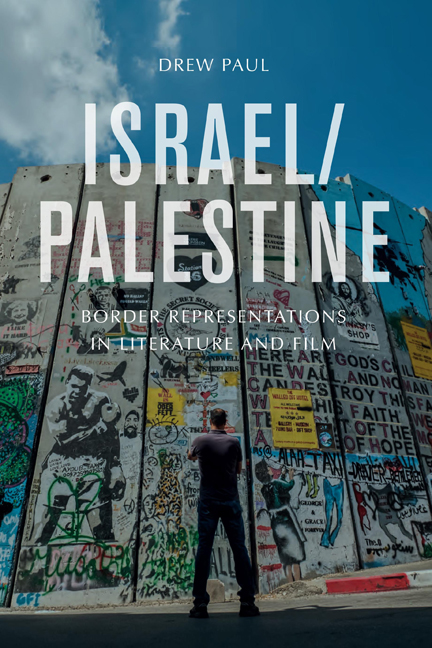3 - Sayed Kashua, the Palestinian Hebrew Novel and the Failure of Coexistence
Published online by Cambridge University Press: 08 October 2020
Summary
In the summer of 2014, a seven-week conflict broke out between Israel and Hamas. The immediate catalyst of the fighting was the kidnapping and killing of three Israeli teenagers in June, which was followed by the revenge killing of a Palestinian teenager in Jerusalem. Israel retaliated with military operations against Hamas, Hamas fired rockets into Israel, and heavy Israeli bombardment of the Gaza Strip caused many civilian deaths. In the context of a larger breakdown of the peace process in recent years, these events produced a narrative of deteriorating conditions and out of control intercommunal tension and incitement. That July, Palestinian-Israeli author Sayed Kashua published a column in Haaretz called simply ‘Ze Nigmar’, ‘It is finished.’ In this column, Kashua, who writes solely in Hebrew, dramatically declared that he has lost all hope in the idea of coexistence between Arabs and Jews. ‘It is finished,’ he tells his wife over and over, and when she asks him to explain, he writes, ‘I stayed silent, and I knew that my attempt to live a shared life was over. That the lie that I told my children about Arabs and Jews sharing the same land equally is over.’ With these statements Kashua abandons the hope that has animated much of his work as a writer and journalist, and he declares his intention to leave Israel, perhaps forever. He writes, ‘I need to escape‘ (laʿuf mi-po, literally ‘to fly away from here’). In this statement, he disavows the project for which he has advocated through much of his career. Kashua wrote these words as he was preparing to leave Israel for a teaching position in Illinois. He originally planned to remain abroad for a year, but the 2014 conflict caused him to reconsider, and as of 2018 he has not returned to Israel. This itself was a surprising shift, for Kashua had long emphasised his desire to stay, stating frequently, even with the difficulties of life as a member of the Palestinian minority in Israel, it was his home. Kashua, it seems, had lost hope.
- Type
- Chapter
- Information
- Israel/PalestineBorder Representations in Literature and Film, pp. 77 - 104Publisher: Edinburgh University PressPrint publication year: 2020



